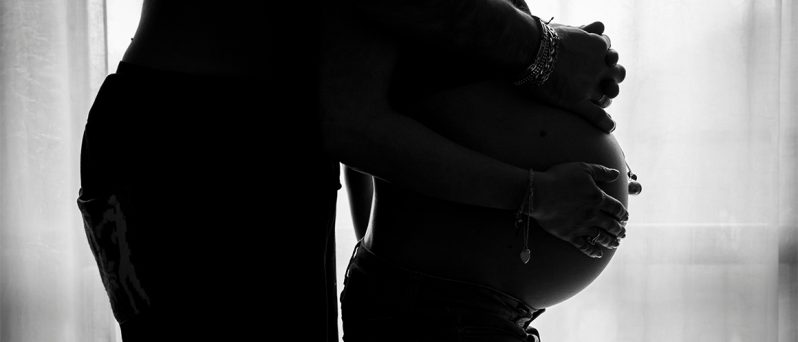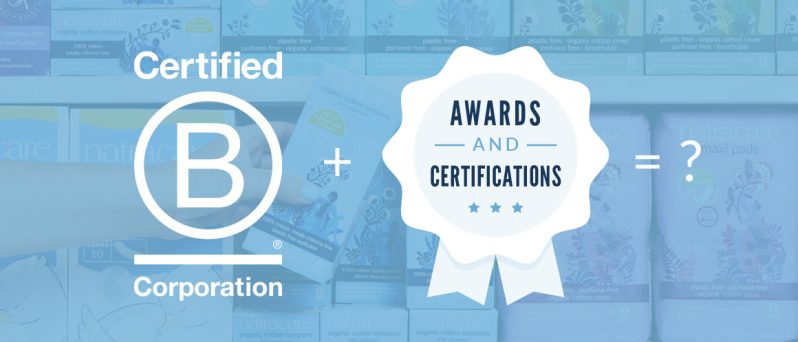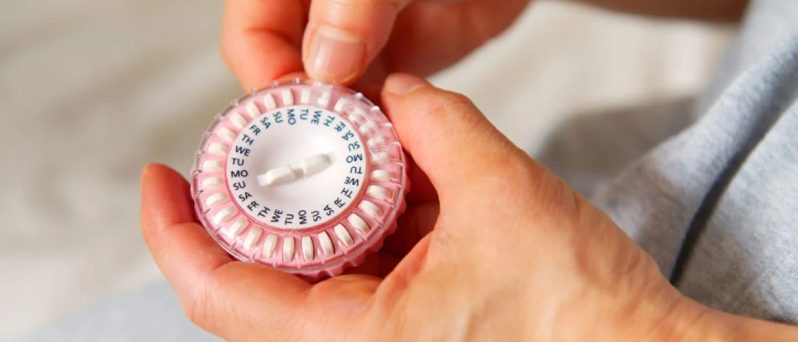Creating a greener world should also mean creating a fairer and more intersectional world. At Natracare, we know that sustainability needs to become more inclusive, which is why we’re proud to partner with an organisation focused on achieving just that: Women’s Earth Alliance.
Who is Women’s Earth Alliance?
Women’s Earth Alliance, also known as WEA, is an organisation that launched in 2006 to help create a world in which women are empowered, communities are well nurtured, and the planet is looked after by its people. They set out to act as a catalyst for female-led, grassroots organisations and initiatives focused on protecting the environment. WEA achieve this through training courses designed to provide technical, strategic, and leadership training to women seeking to head up environmental change.
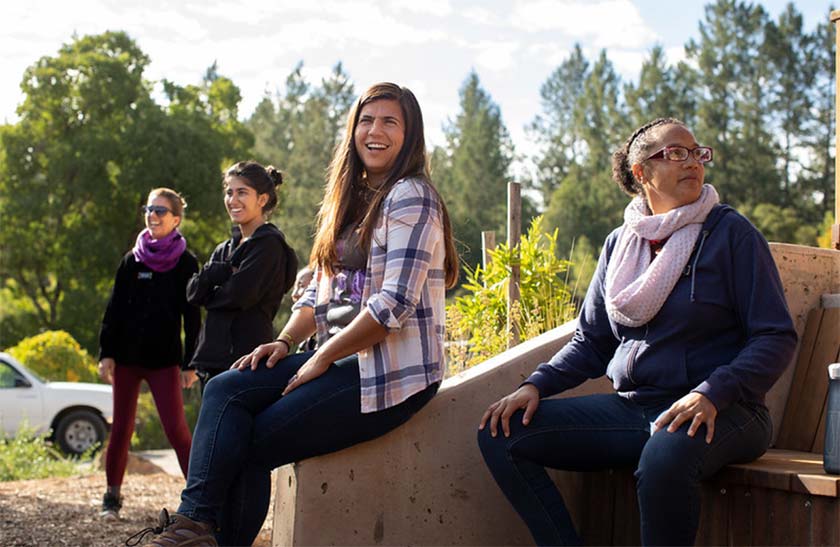
Accelerating Women’s Environmental & Climate Solutions in the US
One of the accelerator programs run by WEA is the Accelerating Women’s Environmental & Climate Solutions in the US program.
As part of the program, WEA finds women who are already considered environmental and climate leaders within their communities, with existing environmental initiatives and invites them on-board to help accelerate the growth and impact of their ventures. On the program, the women will have access to a range of skills, tools, and relationships that will help them to take their work to the next level. The program also provides each woman and her initiative with a seed grant, which is essential for taking their organisation to the next level.
WEA seeks to specifically work with women who take a systems approach with their initiatives. This approach works well for having a scalable structure that gains reach through a ripple effect, which WEA likes to call the ‘WEA Effect’.
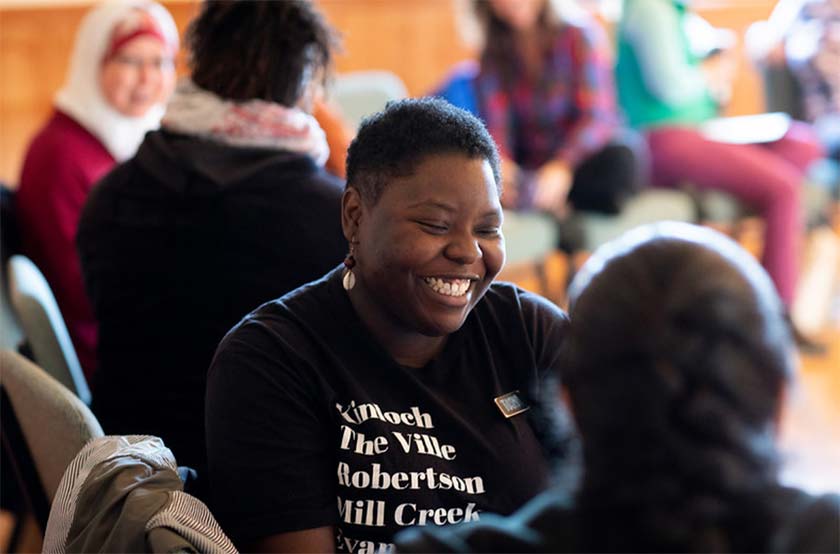
The importance of intersectionality
WEA chooses a diverse range of leaders to be taken onto the program, whether it’s regarding their ethnicity, geography, or age. It’s also essential that the environmental issues being tackled by the participants’ initiatives are diverse. This intersectionality demonstrates how a holistic take on the approach to a sustainable world is most effective; being among other leaders from different backgrounds, and working on different issues, with a similar vision helps activate new ideas and solutions not yet explored. It allows the leaders to consider what it can mean to protect our bodies, the next generation, the economy, and the planet all at once.
The work that WEA does also regularly intersects with women’s health. Environmental issues often impact on cisgender women disproportionally to cisgender men, which is why having women in leadership positions is essential when it comes to achieving true sustainability. COVID-19 has also shed light on how mothers are often the “shock-absorbers” of society, taking a considerable portion of the economic hit caused. WEA’s work enables women from a variety of backgrounds to lead the change they want to see and work collectively with other women in sustainability leadership.
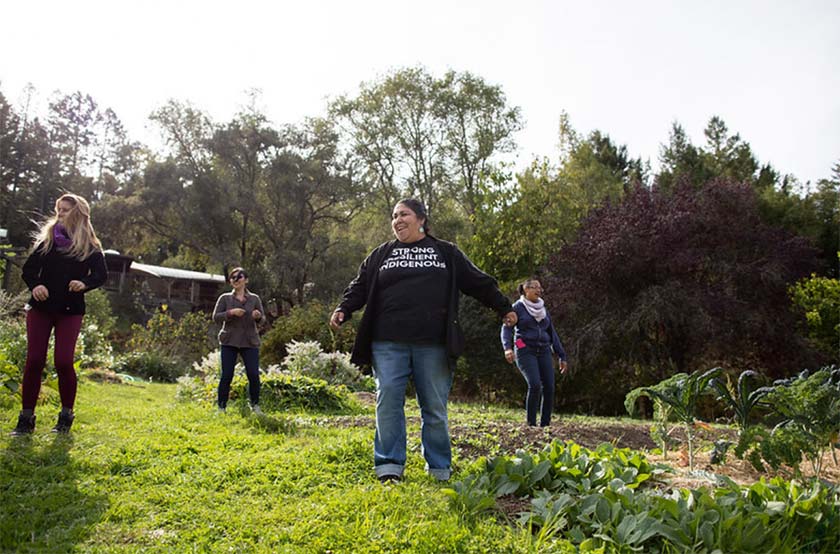
How does the program work?
The Accelerating Women’s Environmental & Climate Solutions in the US program works to a curriculum based on the 4 W’s:
- Weaving: Building and strengthening relationships to create a larger impact through their work.
- Wealth: Strategic and economic development and bringing assisting funding and support to projects.
- Wellness: Self-care practices and approached, helping them to show up as leader in their communities while keeping their families and other members of the community healthy.
- Wisdom: Building a wider contextual knowledge base of their initiatives and impact.
Mentors that were on the program in 2019 are helping this year’s participants through the program, providing support and opportunities for them.
The program takes participants from the process of working on their business plans, to creating a full narrative of their work, an impact matrix to assess the impact of their initiative, budget, timeline, and everything else the women might need to understand and plan for the scaling of their business.
The teaching and learning in the program is collaborative. The women participate in lots of activities together, including yoga, peer-learning, and sharing the work of their initiatives with each other. This collaborative and supportive learning environment helps participants to learn about a broad scope of environmental issues in different contexts.
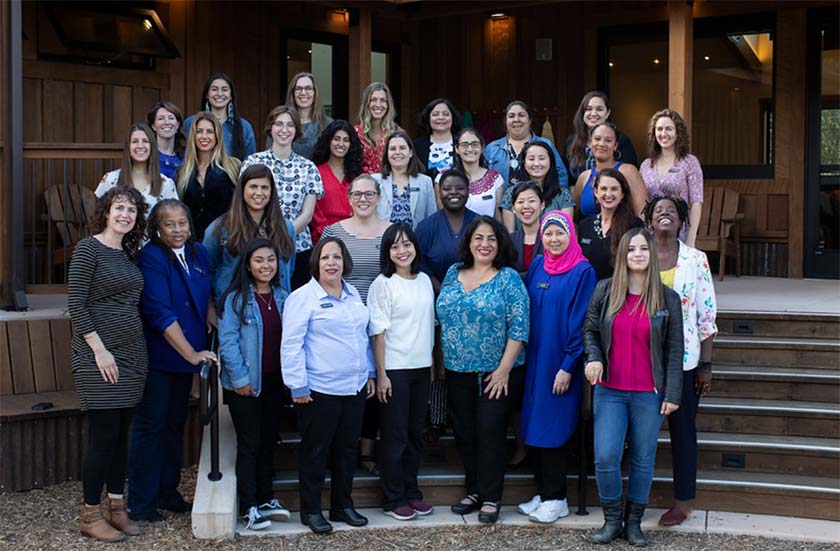
Where does Natracare come in?
Natracare’s partnership with WEA takes the form of sponsoring two women to join the program, as well as funding their seed grants so that they can scale up their projects. Here’s a little bit more information about the women that we’re sponsoring:
Michelle Voacolo:
Michelle is the co-founder of Micronesia Climate Change Alliance (MCCA), which is a non-profit working to create community-based solutions to the climate and plastic crisis in Micronesia. At MCCA, Michelle leads on projects building food sovereignty, reducing plastic waste, and empowering the local youth. She is looking to expand the efforts and impact of MCCA across more islands in Micronesia.
We chose to sponsor Michelle as part of our partnership with WEA because her intentions to reduce plastic waste in Micronesia aligns with our goal to do the same across the globe. We work towards this goal by eliminating plastic in everyday products like tampons, pads, and wipes, and Michelle does so by working with communities affected in Micronesia. You can read more about Michelle and MCCA here.
Mackenzie Feldman:
Mackenzie is the founder and executive director of Re:wild Your Campus (HFC), an organisation campaigning for eliminating herbicides from schools across the US. Growing up in Hawaii, Mackenzie saw the positive change accomplished by the Hawaiian food sovereignty movement and replicated that with her teammate at her university in California. HFC now campaigns at 18 schools in 10 states across the country and aims to expand beyond campuses into the rest of the community.
As a brand that refuses to use anything but certified organic cotton, supporting Mackenzie felt like a natural choice. We believe that campuses and communities without toxic herbicides are a cause worth getting behind. You can read more about Mackenzie and HFC here.
We’re so proud to sponsor these women and the work of WEA. Find out more about the other organisations we support through our 1% for the Planet membership.







